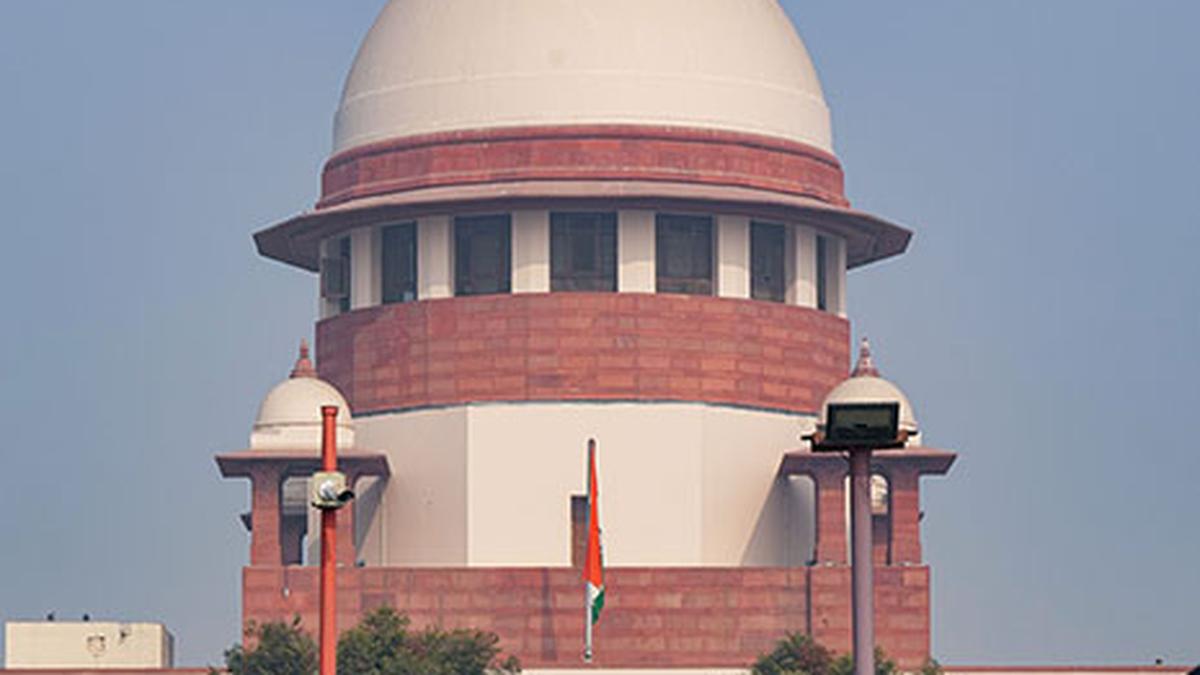 |
|
The Supreme Court of India has requested responses from the Central government and the Bihar state government regarding a petition filed by the Rashtriya Janata Dal (RJD) challenging a Patna High Court ruling. The High Court had previously overturned a law that increased reservation for Backward Classes, Extremely Backward Classes, Scheduled Castes, and Scheduled Tribes in public employment and educational institutions in Bihar, raising the quota from 50% to 65%.
The RJD, represented by senior advocate P. Wilson, argued for an expedited hearing of the plea, emphasizing the urgency of the matter. The Supreme Court acknowledged the RJD's request and issued notices to the Centre and Bihar, scheduling the case alongside other pending pleas related to reservation policies.
The legal challenge stems from the High Court's decision in June 2024, where it deemed the quota increase to be unconstitutional. The High Court declared that exceeding the 50% reservation limit, leaving only 35% for merit-based selection, violated the right to equal opportunity for all citizens, as enshrined in the Indian Constitution. Consequently, the High Court invalidated the Bihar Reservation of Vacancies in Posts and Services (for Scheduled Caste, Scheduled Tribes and Other Backward Classes) Amendment Act, 2023 and The Bihar (In admission in Educational Institutions) Reservation (Amendment) Act, 2023, finding them to be in conflict with Articles 14, 15, and 16 of the Constitution.
The Bihar government had implemented these reservation amendments following a caste survey that revealed a significant population share of Other Backward Classes (OBC) and Extremely Backward Classes (EBC) – totaling 63% of the state's population. The survey also indicated that Scheduled Castes (SC) and Scheduled Tribes (ST) accounted for over 21% of the population. This survey was conducted by the Bihar government after the Centre declined to undertake a new caste census, with the last one being conducted as part of the 1931 Census.
The Supreme Court's decision to seek responses from the Centre and Bihar signifies the potential for a comprehensive legal review of the reservation policy in Bihar. The case will likely involve a detailed examination of constitutional principles, including the right to equality, the principle of reservation, and the balance between merit and social justice. The outcome of this legal battle will have significant implications for the implementation of reservation policies in Bihar and could potentially influence reservation laws in other states across India.
Source: Supreme Court seeks responses on RJD plea against HC’s quashing of quota hike law
